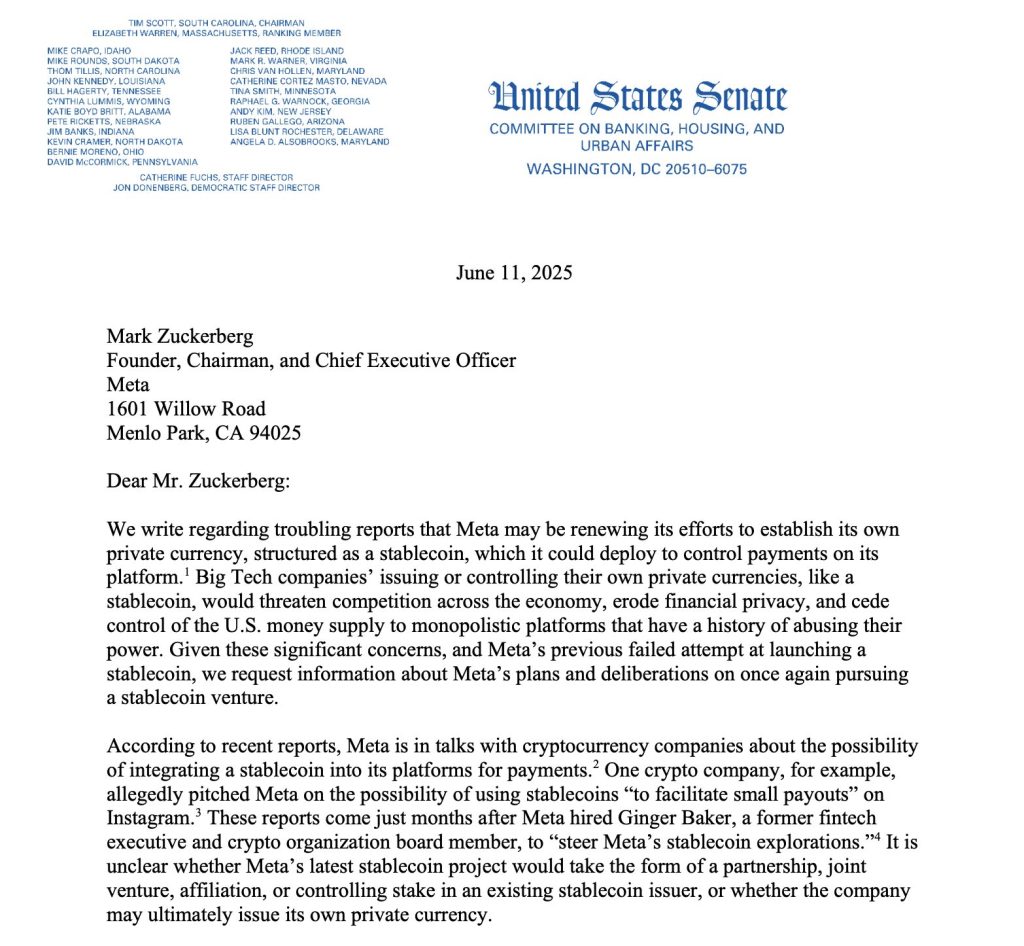New developments in artificial intelligence require employees and business leaders to have … [+]
getty
The artificial intelligence race is heating up. While it’s uncertain who the winners will be, it’s clear that business leaders and employees must make sure their brains are trained to compete.
Generative AI has entered a promising new phase in the past six months, as ChatGPT churns out human-level responses to queries and passes standardized exams, DALL-E generates novel images, and the Bing chatbot maintains convincing extended conversations. Trained on the full content of the internet, the tools are increasingly adept at detecting patterns in the reams of texts and images and making predictions based on them.
There’s little doubt that these new tools will have an impact on jobs – many of them highly skilled – and that some positions are more at risk than others. Generative AI has immediate applications in areas such as creating content in marketing and sales, writing code in IT, and pulling information from legal documents in law, according to McKinsey.
But even in positions removed from the frontlines of replacement, 21st century employees will need to know how to work with artificial intelligence. Computational thinking – which is different from having computer skills (also important) – is needed. The five components of computational thinking are:
1. Algorithmic thinking. Learning how to use machines to solve problems.
2. Programming. Learning the language of artificial intelligence, the same way we learn English as a business or science language.
3. Data. Beyond possessing it, understanding its implications.
4. Networks. Appreciating network architectures and how they interconnect and interact to make better decisions and generate feedback loops.
5. Hardware. Knowing about the physical substrate on which AI depends.
As important as computational thinking is, employees also need to develop and nurture key human abilities to organize themselves, work together, collaborate, cooperate, coexist and agree to disagree, some of which are at risk as tech increasingly mediates workplace interactions.
Specifically, the most important human abilities are: critical thinking; creativity and curiosity; social intelligence; emotional intelligence (EQ); and technology quotient (TQ), or an openness, whether young or old, to embrace new technology.
AI puts additional demands on managers and business leaders. One is the need to develop an ethical vision: carefully thinking through the ethics of AI and deciding the guiding principles, especially with regard to people. Setting up a dedicated AI ethics board can help, especially for governing business decisions and choice of partners allied with a company’s principles and purpose. AI ethics can build reputational and competitive advantages.
The ethical imperative was clear in a recent open letter by the Future of Life Institute – signed by figures as varied as Elon Musk, Yuval Noah Harari and Steve Wozniak – calling for a six-month pause on the development of new AI systems. “AI research and development should be refocused on making today’s powerful, state-of-the-art systems more accurate, safe, interpretable, transparent, robust, aligned, trustworthy, and loyal,” the letter said. The letter urged policymakers to develop strong governance systems for AI during the proposed six-month hiatus.
AI also requires business leaders to adopt transversal thinking. Because AI will have a 360-degree impact, companies need 360-degree thinkers able to span diverse disciplines — so, not just more programmers, technologists and data scientists steeped in STEM subjects, but more philosophers, anthropologists, behavioral psychologists, ethicists and various other skill sets able to see the big picture and make vital links between disparate fields.
It’s a tall order: developing new computational thinking while nurturing uniquely human abilities, crafting ethical policies and anticipating talent needs for technologies that seem to change by the day.
But in this high-stakes, unpredictable race, the cost of sitting on the sidelines will be large.
Excerpted, in part, from the IESE Business School Insight report AI: Using Your Power for Good.
Credit: Source link









